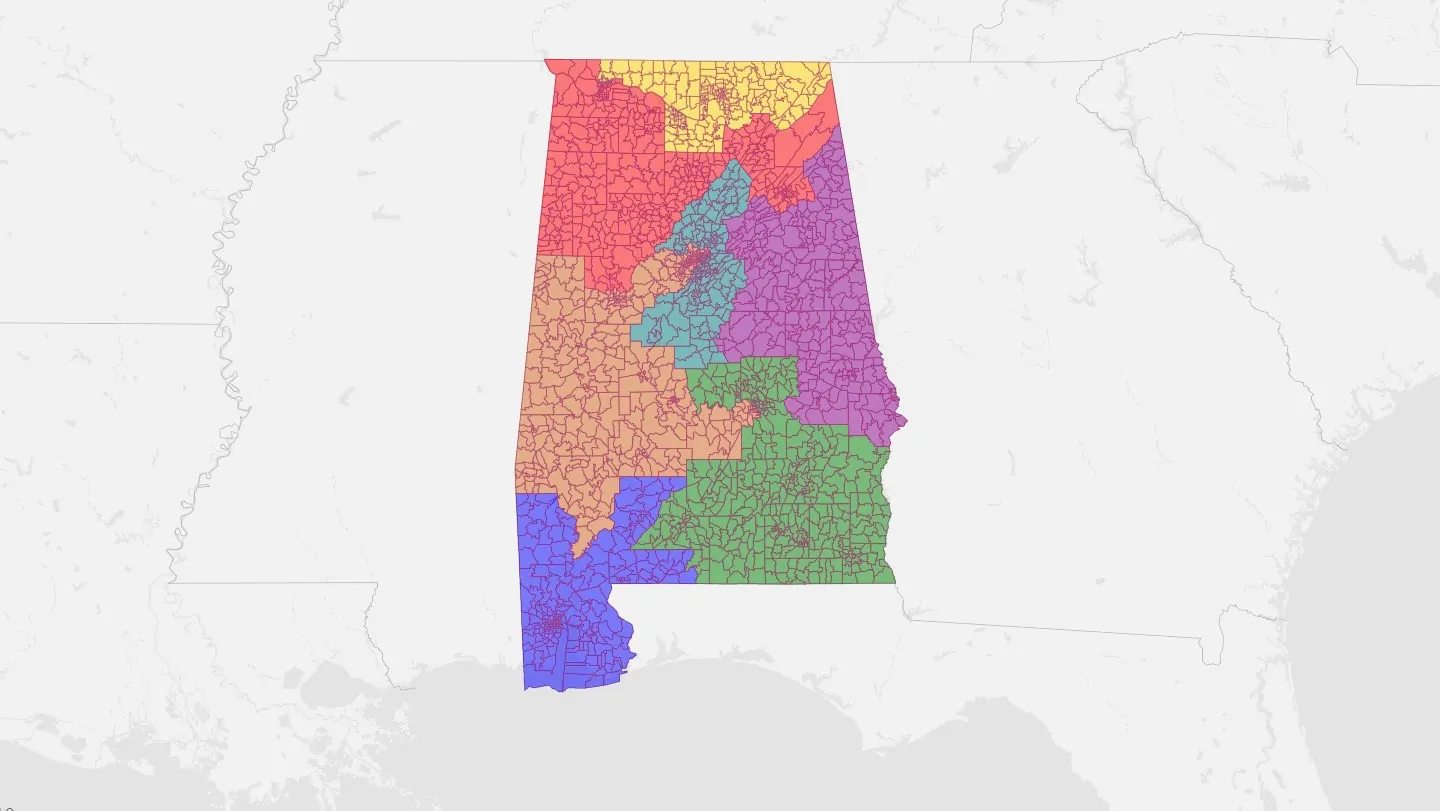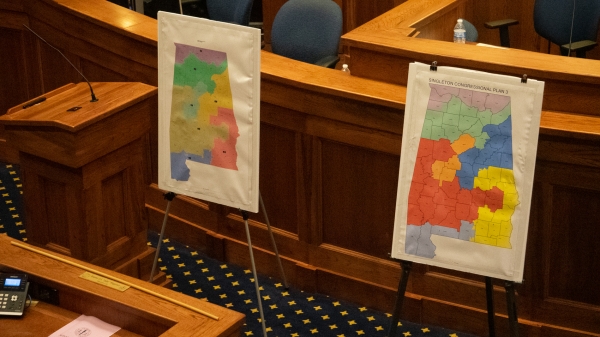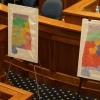The New York-based Brennen Center for Justice filed an amicus brief Monday in Merrill v. Milligan, one of a pair of lawsuits alleging that Alabama’s congressional voting districts dilute voting power and representation for African-American voters in violation of Section 2 of the Voting Rights Act of 1965.
The U.S. Supreme Court is expected to hear Merrill v. Milligan later this fall.
The brief argues that Alabama lawmakers “ignored clear and reasonable alternatives” to allow minority voters fair representation, and in so doing, created “racially polarized districts where minority voters are submerged and effectively shut out of the political process.”
“In this case, although Alabama could have met its Section 2 obligations by creating a second Black majority district, it was not required to do so,” the brief reads. “Though racially polarized voting in Alabama is pronounced, the State had a variety of options short of creating a majority-minority district that would have ensured that Black voters stood on equal footing with their white counterparts. Instead, Alabama bypassed those options in favor of districts that render minority voters politically powerless.”
The past U.S. Supreme Court ruling in Thornburg v. Gingles, which involved the North Carolina General Assembly’s redistricting plan after the 1980 United States Census, gives officials “a robust structure to help courts systematically evaluate when a district map violates Section 2’s mandate”, the brief argues.
“The Gingles inquiry does not, as Appellants suggest, promote racial balkanization or mandate the creation of purely race-based districts,” the brief reads. “Section 2, as interpreted and applied by this Court in Gingles and its progeny, provides a critical safeguard to prevent a mapmaker from designing or using facially neutral rules to draw districts in a manner that further entrenches racial polarization and prolongs the nation’s troubled history of racial politics.”
The brief further argues that the use of Gingles as a framework for “vote dilution and to identify those circumstances in which the challenged district map actually discriminates against minority voters in a way that runs afoul of Section 2.”
Almost immediately after the redistricting process was completed by the Alabama State Legislature in November of last year, lawsuits alleging that the districts were racially gerrymandered and suppressed minority voting power were filed. The state has a single majority-minority district — the Alabama 7th U.S Congressional District, currently occupied by U.S Rep. Terri Sewell, D-Alabama –, representing approximately 14 percent of Alabama’s U.S House delegation.
Civil rights activities and observers alike have long argued that the single majority-minority district “packs” African-American voters into a single congressional district and underrepresents Alabama’s African-American population in Congress. The latest redistricting pulls even more areas with African-American populations into the 7th Congressional District.
According to the latest U.S Census data estimates, nearly 27 percent of the state’s population is African American.






















































